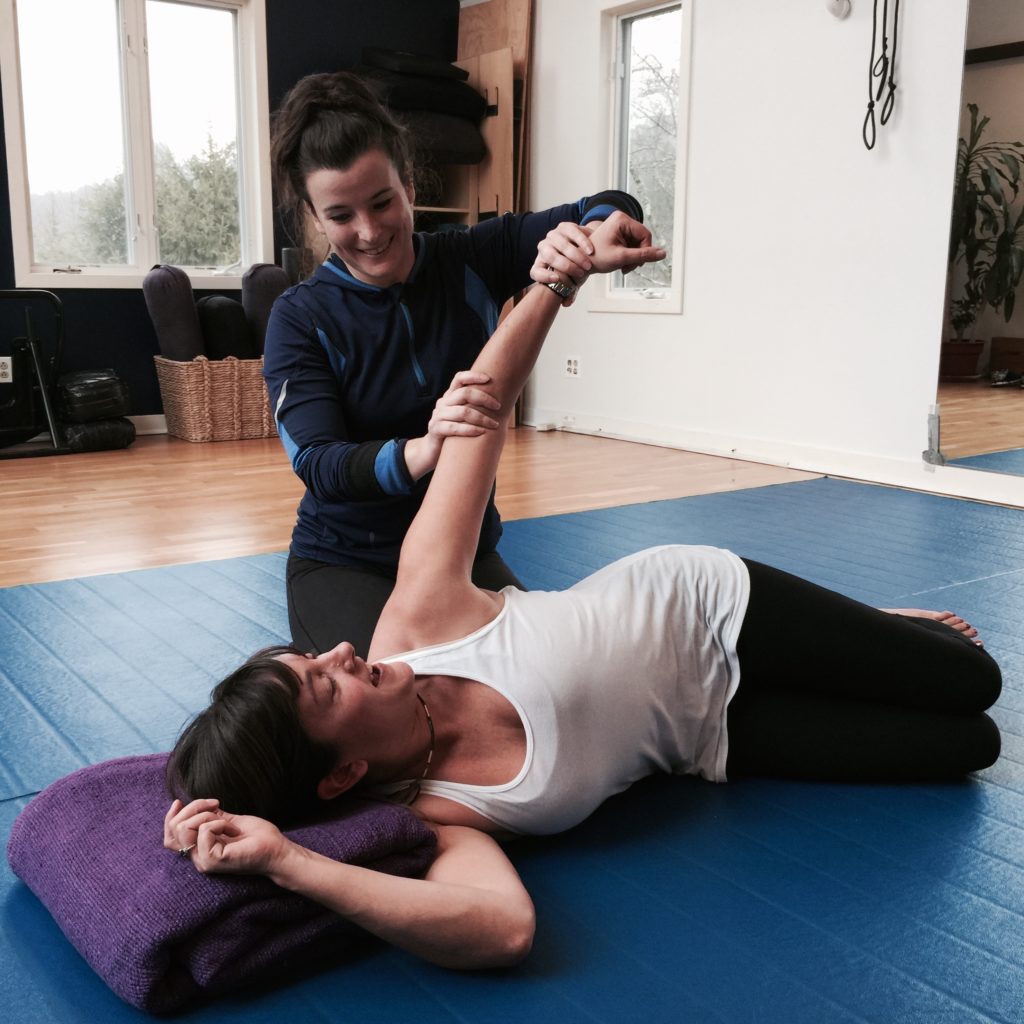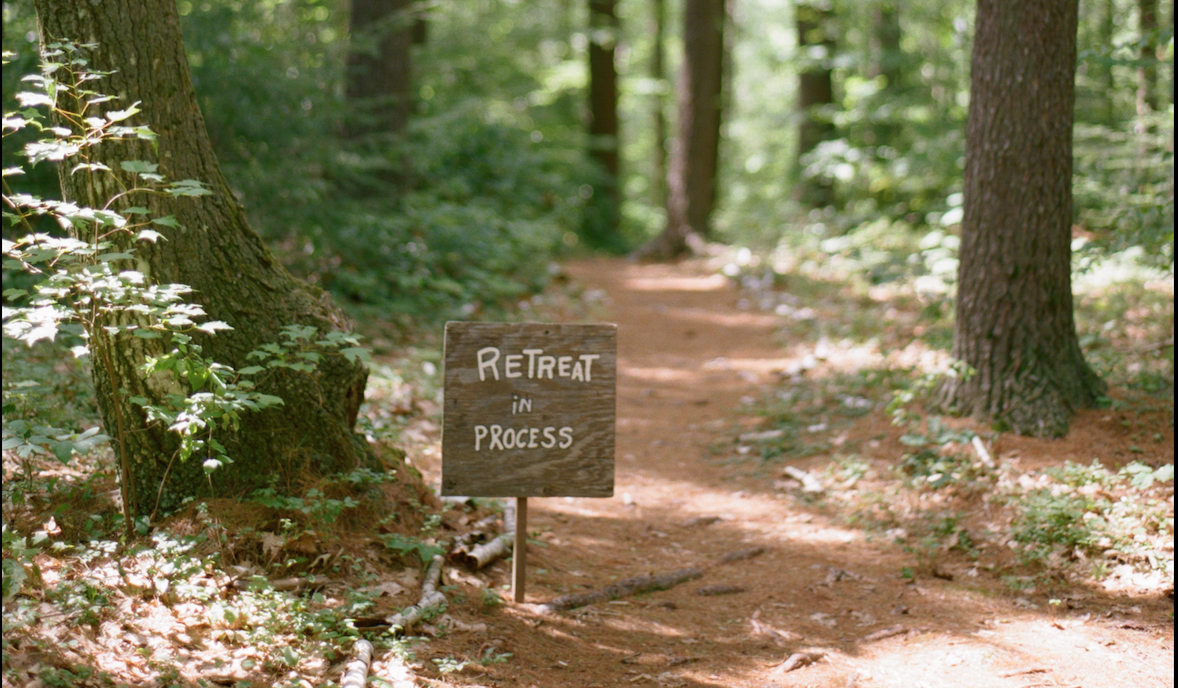When life seems overwhelming, how do you de-stress? It’s been something that I’ve been really conscious of lately. I’ve realized that I am sympathetic dominant, meaning I am very type A. I get things done, and do it fast. I have a hard time relaxing. I often hate sitting still. It takes a lot of effort to get me to unwind. As difficult as it is, it’s important especially for folks like me to really take the time to de-stress. Much has been written about the health consequences of stress, which include headaches, high blood pressure, arthritis, heart conditions, diabetes and also affects our digestive and mental states leading to depression and anxiety. In addition, stressed out people are simply no fun to be OR be around.
What to do about it?
Those of us in the ancetral-health movement are usually pretty dialed in with nutrition, and the next level is to address our sleep and stress. For me, those go hand in hand. If I am not on top of good quality sleep, I pay for it big time. I don’t think as clearly and, after several days of poor sleep, become incredibly disorganized in my brain – as if there is an electrical storm brewing. I’ve also discovered that when I’m feeling stressed, one of the worst things my my nervous system is to do a high intensity workout. In the past, a session of hard cardio like a 40 minute metcon, crossfit type of a workout felt fantastic, but these days, it only makes things worse. What really helps instead is going for an hour-long walk in the woods, a session of hot yoga (even though sometimes I feel like I need to jump off the mat and go get things done), or even ten minutes of meditation (YouTube has some great 10 minute meditation videos).

Brainwave
Another helpful stress-reliever is the Brainwave App. I learned about this app last year from Dr. Parsley and Jim Laird. Different states of mind are associated with specific brainwave frequencies that would be inaudible if played directly, but can be induced by playing two different audible binaural tones into each ear, which after being processed by the brain, are perceived as an inaudible low frequency beat matching the target brainwave frequency. As you listen your brainwaves fall into step with this inaudible binaural beat, and after a few minutes synchronize with the target frequency. Try listening to this when laying down and be sure to use headphones, as you want to get the two different frequencies in your ears.
The Four Agreements
I highly recommend The Four Agreements to everyone, and when I’m feeling frustrated with someone or a situation, try to remember these four rules: Be Impeccable With Your Words, Don’t Take Anything Personally, Don’t Make Assumptions, Always Do Your Best. If I can remember that other people are coming into situations with their own set of baggage that I don’t have to own, and that I can control my own reactions to situations, I have much more peace in stressful situations.
Fix your Adrenals:
If you’ve fallen into the state of “adrenal fatigue“, here’s a great book on it. Also, my friends Laura Schoenfeld and Kelsey Marksteiner have developed an incredible program called Paleo Rehab. This program will teach you the best diet, supplement and lifestyle changes you can make to regain energy and feel great, right away.
Unplug:
Consider stopping all electronics at 9pm and pick up a book. Take a break on the weekends, too. If you have a hard time in “real life” doing this, maybe you can get a way into the woods once in a while. I’m a big fan of Temenos Retreat Center in Shutesbury, Massachusetts and started visiting these tiny houses, where no electronics are allowed, way back when I was 19 (and that’s a long time ago). Going for a simple walk in the woods or heading out camping can be incredibly restorative.

What works for you?
It’s important to find what works for you. Everyone has a bag of tricks that help them get through tough situations. The other day, I decided to email some folks in the nutrition and health field, asking them to share their de-stress tips, and got a wide range of answers:

“I have a morning routine where I drink a large glass of water in the morning, meditate for 10 minutes, journal for 5 minutes, exercise for 20 minutes, and then start my day. When I get really stressed, I go on a long walk and listen to my favorite podcast. I also make sure I get great sleep every night.”

“I love that brainwave app. AND, any amount of time in nature.”

“Escape the “always on, always available” mentality. Turn off notifications on your phone and devices, batch your email and social media, unplug completely for one day each week. Not only will it decrease your stress, it will also increase your productivity.”

“I like to carve out some Mom time. Sometimes its going by myself to the gym, sometimes it’s being in my room with the door shut reading fiction. I also find that I can only do certain organizational things well in the morning, so I don’t bother with putting away laundry or reorganizing a closet at night after work, I wait until I have a free morning and get it done quickly and efficiently then.”

Waking up to a clean, neat environment sets my day off on the right foot. I feel grown-up, responsible, in-charge, and that helps me approach my stressors far more confidently. I think intuitively this makes sense to us—a messy environment provokes stress, anxiety, guilt, and feelings of powerlessness. But it turns out this approach is backed by science, too! One 2012 UCLA study found a link between high cortisol (stress hormone) levels in female home owners and a high density of household objects. Translation: the more stuff you have lying about, the more stressed you may feel.”
Melissa Joulwan:



“I like to take Epsom salts baths when I’m feeling stressed. I use 1-2 cups of Epsom salts in a tub and soak for a minimum of 30 minutes. This not only forces some downtime (not much you can do when you’re 90% submerged in warm water), but it also is a great way to get transdermal magnesium, which can be powerful in supporting the body through stressful times.”



“Take control of your breathing, don’t let it control you.
During a stressful situation our breathing tends to get rapid, shallow and noisy. You can take control of your breathing, don’t let it control you! By shifting your breathing, you will be able to change the way your body reacts to a situation. Next time you find yourself in a stressful situation place your tongue on the roof of your mouth, close your mouth, relax your jaw and slowing breathing through your nose (in for 3-4 seconds, out for 5-6) You’ll immediately start feeling calmer! And your nervous system will thank you.” Click here for more on breathing.
“Unplugging from my electronics is the number one thing I do to feel less stressful. As an entrepreneur / small business owner, sometimes I feel like I’m chained to my phone and computer, but getting away from it for even 30 minutes a day can make a huge difference.
What are your best de-stress tips?












1 thought on “How to De-Stress – Top Tips from the Experts”
Great read!